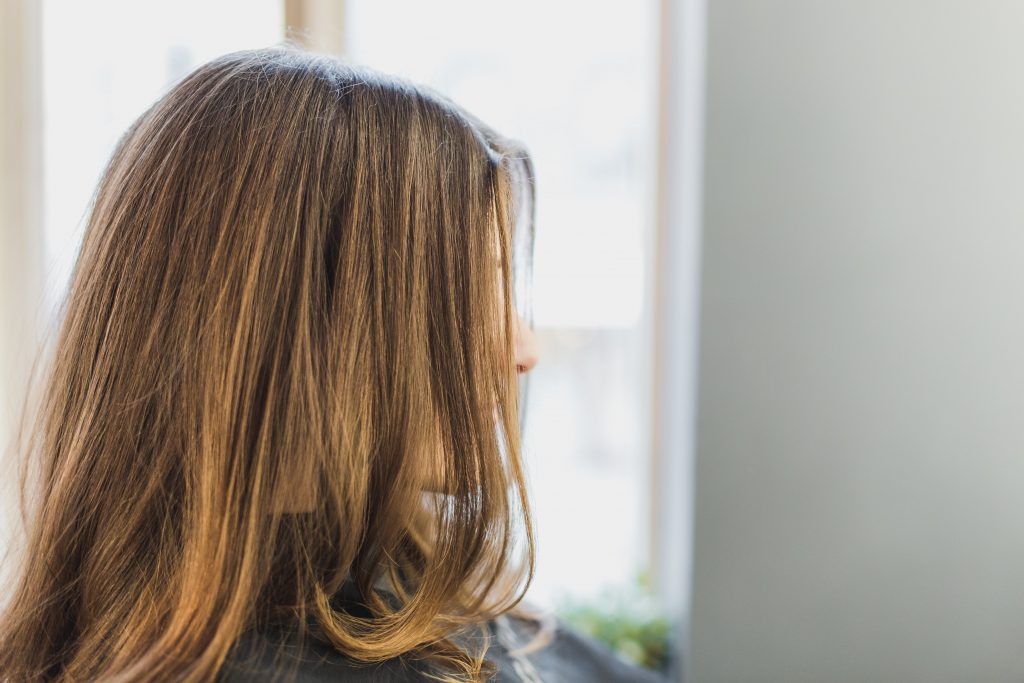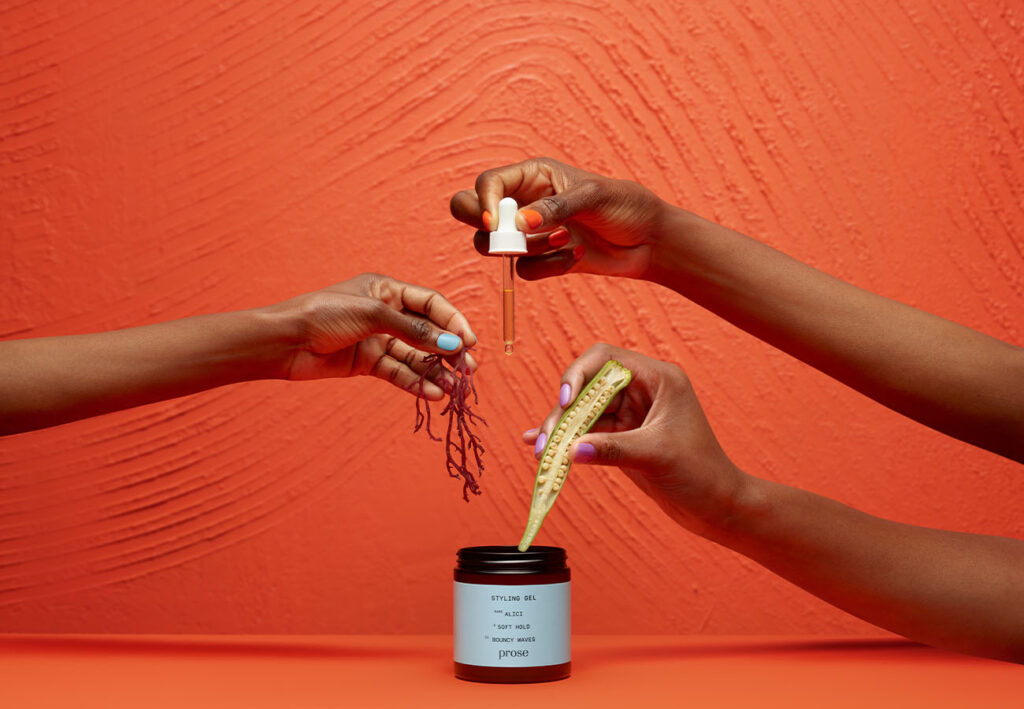India inception
Where did our modern conception of shampooing come from in Europe and in the U.S.? Ancient Indian texts reference ksuna, a Sanskrit word for Sapindus, also known as soapberries or soapnuts, which is a tropical tree found across the Indian subcontinent. Ancient Indians would boil the fruit of the Sapindus (a lathering agent) and combine it with dried gooseberry and other herbs to create a substance used to massage the scalp and clean the hair. The word “shampoo” is derived from the Hindi word chāmpo, which comes from the Sanskrit root of chapati, meaning “to press, knead, or soothe.” Armed with these learned rituals, English colonizers and traders introduced the concept of “shampoo” to western Europe in the mid-18th century.
Regional differences
Egyptians combined lotus flower essential oils with animal fat and alkaline salt to create a lather; Greeks and Syrians used olive oil and lye and sometimes left it to age for months at a time. Castile soap, made from vegetable oil and based on a Syrian formulation, was made widely available throughout the Mediterranean region in the Middle Ages following the Crusades. The name Castile refers to the Castilian region of Spain where it gained its (still current!) popularity.
Schwartzkopf steps in
The invention of the first commercially available shampoo is largely credited to German chemist Hans Schwartzkopf, who developed a violet-scented water-soluble powder that was sold in drug stores starting in 1903.
Be a Breck girl
Breck Shampoo, founded in 1930 out of Springfield, Massachusetts, forever changed the way Americans conceived of hygiene and haircare. The company became famous for its marketing campaigns, which popularized frequent hair washing. Before this time, actually cleansing one’s hair was not considered a necessary practice. Despite being recognized as a household name, the company mostly targeted white consumers and upheld Euro-centric beauty standards. It wasn’t until 1975 that Breck released their first advertisement to feature a black model: a woman named Donna Alexander who was a veterinary student in Pennsylvania at the time.
Flexible wash days
Some experts believe that frequent shampooing is unnecessary, and encourage women to wash no more than twice a week. Others argue that there’s no holy grail hair washing method because all of our scalps have different needs. As a result, personalized services that tailor formulas to individual hair types have spiked in popularity. And of course, there’s the controversy around the whole lather, rinse, repeat situation—thanks Ethan Craft. But one thing is certain: These days, at least in the U.S., the concept of frequent shampooing is a pretty universal one.






